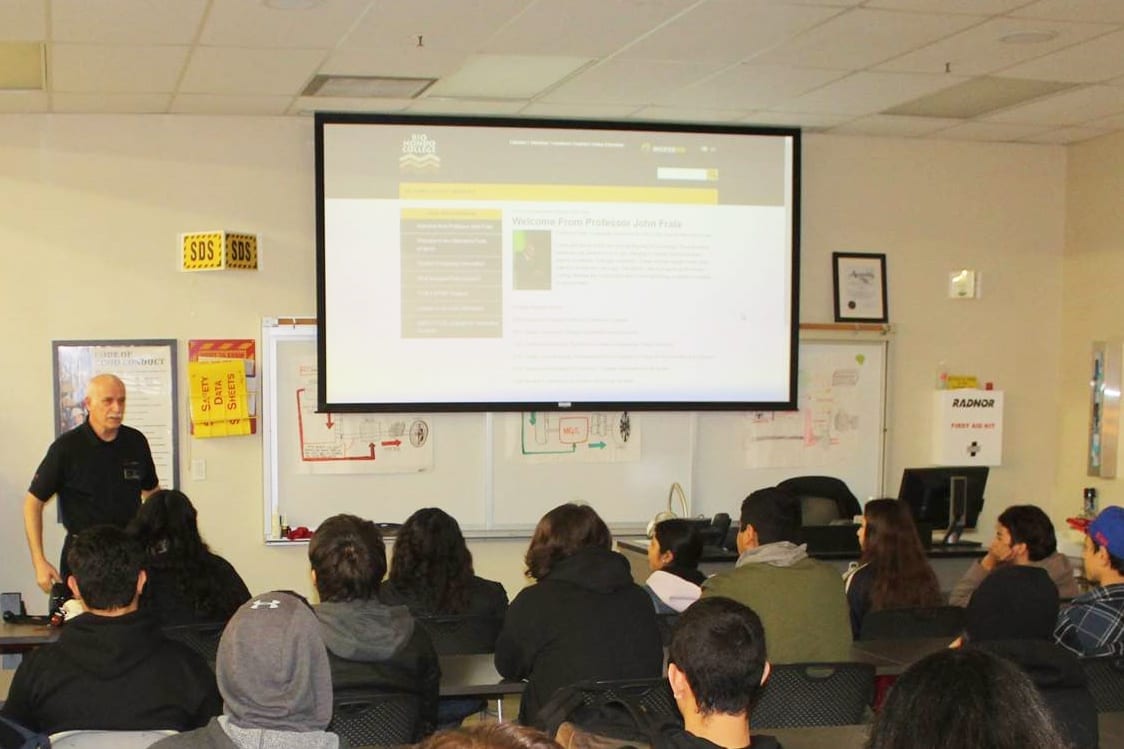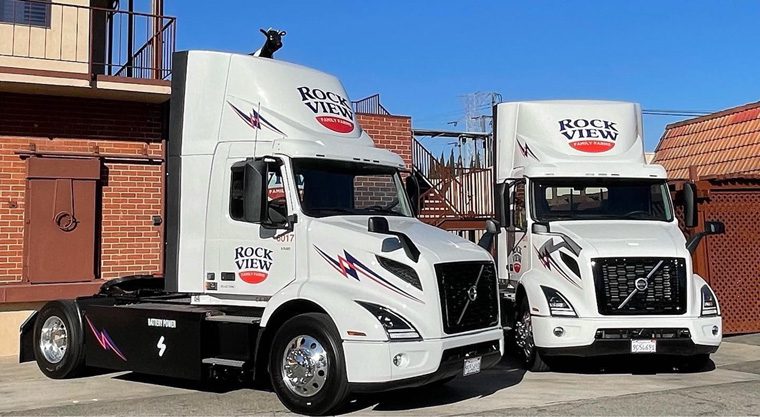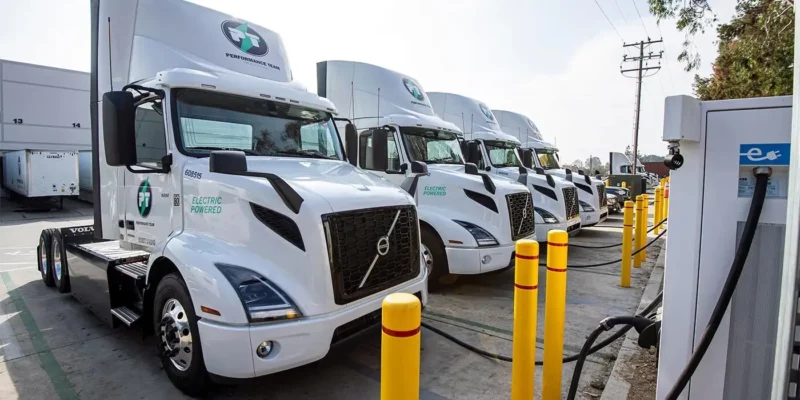News & Media

Developing the Next Generation of Truck Technicians
As we transition our transportation technology from vehicles requiring traditional fuel to zero emission electric vehicles, the era of advanced electrification drivetrain is upon us.
The advancements in vehicle technology are evolving at such a rapid pace that fleets, from city transit to commercial goods delivery, are working hard to stay ahead of quickly changing regulations and maintenance requirements.
Advanced, electric medium- and heavy-duty vehicles will soon require a highly skilled and specialized workforce to support, maintain, and repair advanced electric drivetrains and their increasingly sophisticated technology. Technicians will need high voltage safety and service information training and advanced computer skills to manage the new vehicles’ highly complex diagnosis processes. The training plans needed for tomorrow’s electric vehicles are still being written today.
Successfully implementing electric vehicles require fleet operations to be more connected than ever before with maintenance technicians, drivers, and management working together to maximize vehicle range and efficiency, configure charging strategies, and implement the necessary charging infrastructure that electric vehicles require.
The training plans needed for tomorrow’s electric vehicles are still being written today.
Today’s sophisticated heavy-duty vehicles are leading the automotive industry with innovations in connected technology, onboard sensors, data sharing, and vehicle telematics, blurring the distinction between a fleet’s maintenance team and IT teams. With such innovative vehicle technology at work, what does today’s average technician need to know to be able to enter the field of electric and fuel cell transportation?
According to the Employment Development Department of California, under job title #49-3023.02, Automotive Specialty Technicians must:
- Understand common electric vehicle terminology
- Understand and perform high-voltage safety standards requirement for 400+ volts DC
- Demonstrate proper PPE for working with high voltage
- Describe the common components in a drivetrain that uses electricity as its driving force
- Demonstrate the proper procedure to isolate the high voltage for diagnosis and service repairs.
- Demonstrate the proper procedures for conducting a vehicle information reflash.
Besides the obvious electrical requirements, advanced vehicle technicians must understand and be able to operate the testing diagnosis of fuel systems up to 700 bars (10,000 psi) of storage pressure that are cryogenic (-425°F) in nature, requiring another field of safety precautions technicians must be familiar with.
Successfully implementing electric vehicles require fleet operations to be more connected than ever before with maintenance technicians, drivers, and management working together.
To help train and support the next generation of maintenance technicians, two Southern California colleges, Rio Hondo College and San Bernardino Valley College (SBVC), are offering comprehensive electric truck technician training programs.
The Automotive Technology Program at Rio Hondo College enables students to earn degrees and certificates in a range of areas, including advanced engine performance, alternative fuels and advanced transportation technology, and electric vehicle and fuel cell technology.
Through the Volvo LIGHTS project, Rio Hondo College is designing a technician program specific to Volvo heavy-duty electric truck maintenance, helping to support workforce development in the region and utilizing Volvo’s first-of-its-kind augmented reality-based training program.
The San Bernardino Valley College (SBVC) Automotive Technology Department enables students to earn Automotive Technician certificates and take a range of courses, including truck electrical systems, electrical systems diagnosis and repair, and engine repair.
Through the Volvo LIGHTS project, SBVC is designing an Associate’s degree-level training program specific to heavy-duty, battery electric truck maintenance. Continual workforce development is critical to sustain and support electric vehicles long after the initial trucks have hit the roads.


